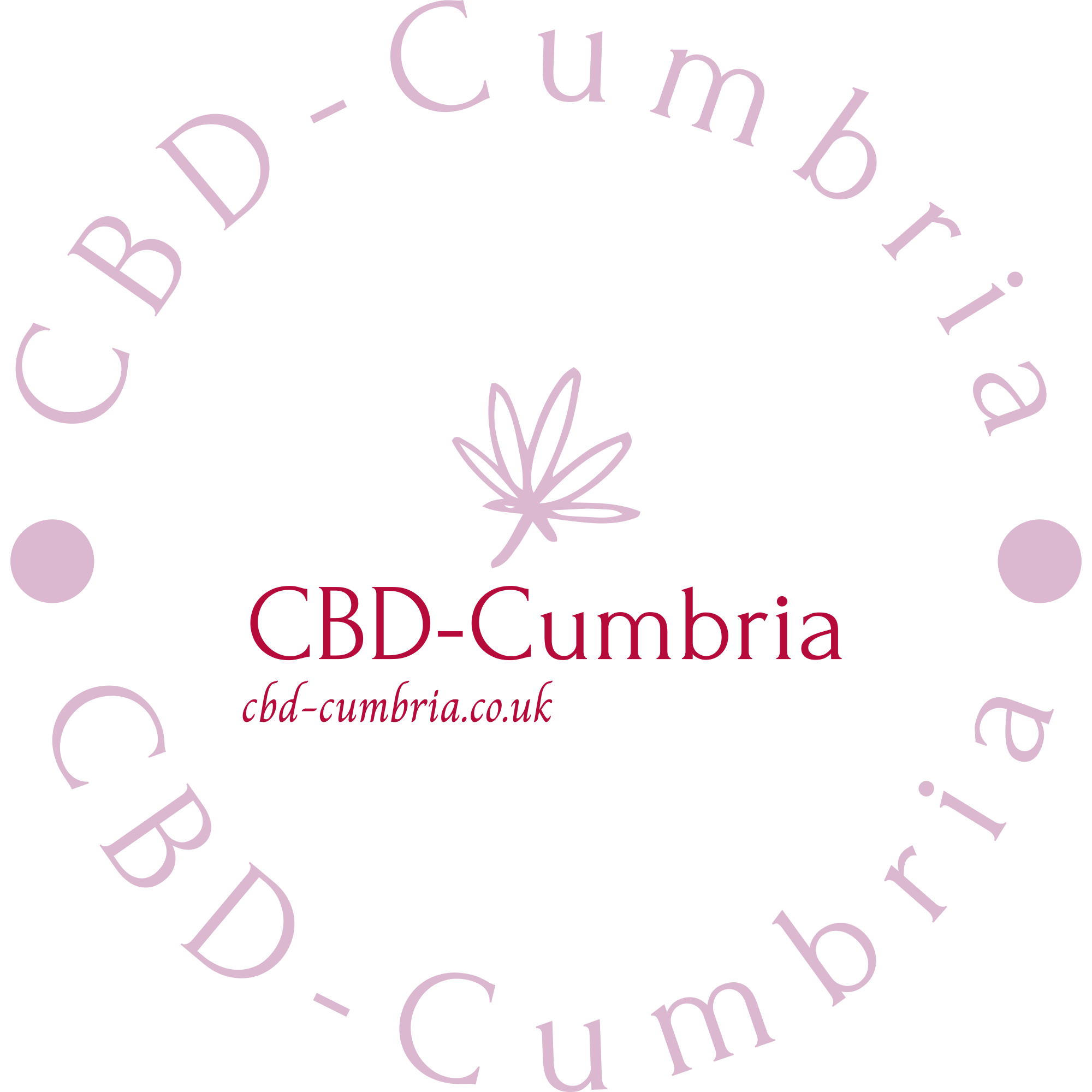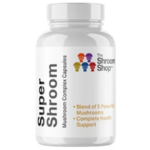Nootropics, commonly referred to as “smart drugs” or cognitive enhancers, have become increasingly popular among individuals seeking to boost mental performance, memory, and overall brain function. These substances range from natural compounds to synthetic drugs and are used by people across various fields, from academics to professionals, in an effort to enhance cognitive abilities. This guide will explore the top 10 nootropics currently recognized for their cognitive enhancement benefits, providing a comprehensive look at their mechanisms, benefits, and potential drawbacks.
What Are Nootropics?
Nootropics are substances that claim to improve cognitive functions such as memory, creativity, motivation, and executive functions. The term “nootropic” was coined by Dr. Corneliu E. Giurgea in the 1970s, describing substances that enhance cognitive function in healthy individuals without significant side effects. These substances can be divided into natural compounds and synthetic drugs.
Top 10 Nootropics for Cognitive Enhancement
1. Caffeine
Overview: Caffeine is one of the most widely used nootropics globally. Found in coffee, tea, and various energy drinks, it is known for its stimulating effects on the central nervous system.
Benefits:
- Enhanced Alertness: Caffeine increases alertness and reduces fatigue.
- Improved Focus: It can improve concentration and mental clarity.
- Increased Physical Performance: Caffeine enhances endurance and physical performance.
Mechanism: Caffeine works by blocking adenosine receptors in the brain, which reduces feelings of tiredness and increases dopamine levels, leading to improved mood and cognitive function.
Drawbacks:
- Tolerance Development: Over time, individuals may develop a tolerance, reducing its effectiveness.
- Potential for Insomnia: High doses can lead to sleep disturbances and increased anxiety.
2. L-Theanine
Overview: L-Theanine is an amino acid predominantly found in green tea. It is often used in combination with caffeine to counteract the jitteriness associated with caffeine consumption.
Benefits:
- Enhanced Relaxation: Promotes relaxation without sedation.
- Improved Focus: Works synergistically with caffeine to enhance cognitive performance and focus.
- Reduced Stress: Helps lower cortisol levels, reducing stress and anxiety.
Mechanism: L-Theanine increases levels of GABA, dopamine, and serotonin in the brain, which contributes to improved mood and cognitive function. It also promotes alpha brain wave activity, associated with a state of relaxed alertness.
Drawbacks:
- Mild Sedation: At higher doses, it may cause drowsiness.
3. Rhodiola Rosea
Overview: Rhodiola Rosea is an adaptogenic herb used to combat stress and fatigue. It has a long history of use in traditional medicine.
Benefits:
- Reduced Fatigue: Helps reduce physical and mental fatigue.
- Enhanced Cognitive Function: Improves attention and mental performance under stress.
- Mood Improvement: May help alleviate symptoms of depression and anxiety.
Mechanism: Rhodiola works by influencing neurotransmitter systems and reducing the production of stress hormones like cortisol.
Drawbacks:
- Potential Side Effects: Can cause dizziness or dry mouth in some individuals.
4. Bacopa Monnieri
Overview: Bacopa Monnieri is an herb used in traditional Ayurvedic medicine for enhancing cognitive function and memory.
Benefits:
- Improved Memory: Enhances memory retention and cognitive performance.
- Reduced Anxiety: Acts as an anxiolytic, helping to reduce anxiety and stress.
- Neuroprotective Effects: May offer protection against neurodegenerative diseases.
Mechanism: Bacopa Monnieri increases levels of acetylcholine, a neurotransmitter associated with memory and learning.
Drawbacks:
- Delayed Onset: Benefits may take several weeks to become noticeable.
- Digestive Issues: Some users may experience gastrointestinal discomfort.
5. Ginkgo Biloba
Overview: Ginkgo Biloba is a popular herbal supplement known for its potential cognitive and circulatory benefits.
Benefits:
- Enhanced Memory and Cognitive Function: Improves cognitive function and memory, particularly in older adults.
- Increased Blood Flow: Enhances blood circulation to the brain, potentially benefiting cognitive function.
- Antioxidant Properties: Provides neuroprotection through its antioxidant effects.
Mechanism: Ginkgo Biloba increases blood flow to the brain and enhances neurotransmitter function, including the levels of acetylcholine.
Drawbacks:
- Possible Interactions: Can interact with blood-thinning medications.
- Potential Side Effects: May cause headaches or digestive upset in some individuals.
6. Noopept
Overview: Noopept is a synthetic peptide nootropic known for its potent cognitive-enhancing effects.
Benefits:
- Enhanced Memory and Learning: Improves memory and learning capacity.
- Neuroprotection: Offers neuroprotective benefits and may enhance brain plasticity.
- Mood Enhancement: Can improve mood and reduce symptoms of anxiety.
Mechanism: Noopept increases brain-derived neurotrophic factor (BDNF) and nerve growth factor (NGF), which are crucial for brain health and cognitive function.
Drawbacks:
- Limited Long-Term Research: Long-term safety and efficacy are not well-established.
- Potential Side Effects: May cause headaches or irritability in some users.
7. Piracetam
Overview: Piracetam is one of the earliest nootropics, originally developed in the 1960s. It is known for its cognitive-enhancing properties.
Benefits:
- Improved Cognitive Function: Enhances cognitive function, particularly in memory and learning.
- Neuroprotection: Provides protection against neurodegenerative diseases.
- Increased Blood Flow: Improves cerebral blood flow.
Mechanism: Piracetam influences neurotransmitter systems, including acetylcholine, and increases neuronal communication.
Drawbacks:
- Limited Evidence: Mixed evidence regarding its efficacy and safety.
- Potential Side Effects: May cause nausea or insomnia in some users.
8. Modafinil
Overview: Modafinil is a prescription medication used to treat narcolepsy and other sleep disorders. It is also used off-label as a cognitive enhancer.
Benefits:
- Increased Alertness: Improves wakefulness and alertness.
- Enhanced Cognitive Function: May improve executive functions and memory.
- Reduced Fatigue: Helps combat fatigue and improve overall cognitive performance.
Mechanism: Modafinil increases the availability of neurotransmitters like dopamine and norepinephrine, which enhance wakefulness and cognitive function.
Drawbacks:
- Prescription Required: Not available without a prescription in many countries.
- Potential Side Effects: Can cause headaches, nausea, or insomnia.
9. Lion’s Mane Mushroom
Overview: Lion’s Mane Mushroom is a natural nootropic known for its cognitive and neuroprotective benefits.
Benefits:
- Enhanced Cognitive Function: Improves memory, focus, and cognitive function.
- Neuroprotection: Supports nerve growth and protects against neurodegenerative diseases.
- Mood Improvement: May help reduce symptoms of anxiety and depression.
Mechanism: Lion’s Mane stimulates the production of nerve growth factor (NGF) and brain-derived neurotrophic factor (BDNF), promoting neurogenesis and brain health.
Drawbacks:
- Limited Research: More studies are needed to fully understand its long-term effects.
- Possible Allergic Reactions: Rare allergic reactions may occur in some individuals.
10. Ashwagandha
Overview: Ashwagandha is an adaptogenic herb used in Ayurvedic medicine to combat stress and improve cognitive function.
Benefits:
- Stress Reduction: Reduces stress and anxiety levels.
- Enhanced Cognitive Function: Improves memory and cognitive performance.
- Mood Enhancement: Can improve mood and overall mental well-being.
Mechanism: Ashwagandha works by reducing cortisol levels and modulating neurotransmitter systems, which contributes to improved mood and cognitive function.
Drawbacks:
- Potential Side Effects: May cause gastrointestinal issues or drowsiness in some individuals.
FAQs
What are nootropics?
Nootropics are substances that are claimed to improve cognitive functions such as memory, creativity, and motivation in healthy individuals. They include natural compounds, synthetic drugs, and various supplements.
Are nootropics safe to use?
The safety of nootropics varies depending on the substance. While some nootropics, like caffeine and L-Theanine, are generally considered safe when used responsibly, others, especially synthetic nootropics, may have limited long-term safety data. It’s important to consult with a healthcare provider before starting any new supplement.
How do nootropics work?
Nootropics work through various mechanisms, including modulating neurotransmitter levels, improving blood flow to the brain, and enhancing brain plasticity. Different nootropics affect the brain in different ways, so their effects can vary.
Can nootropics improve memory?
Many nootropics, such as Bacopa Monnieri and Lion’s Mane Mushroom, are specifically associated with improved memory and cognitive function. However, the effectiveness of these substances can vary between individuals.
Are there any side effects associated with nootropics?
Side effects depend on the specific nootropic. Common side effects include headaches, gastrointestinal issues, and sleep disturbances. It’s essential to start with a lower dose and monitor your body’s response.
Can I use nootropics with other medications?
Some nootropics can interact with medications, potentially causing adverse effects. It is crucial to consult a healthcare provider before combining nootropics with other medications or supplements.
How long does it take to see the effects of nootropics?
The time it takes to notice effects can vary widely depending on the nootropic. Some substances, like caffeine, provide immediate effects, while others, such as Bacopa Monnieri, may take several weeks to show noticeable benefits.
Are nootropics effective for everyone?
Nootropics can have varying effects depending on the individual. Factors such as genetics, overall health, and lifestyle can influence how effective a nootropic is. What works for one person might not work for another.
Can nootropics be addictive?
Most nootropics, particularly those that are naturally occurring or used in moderation, are not considered addictive. However, substances like caffeine can lead to dependence if consumed in excessive amounts.
How should I choose the right nootropic for me?
Choosing the right nootropic involves understanding your cognitive goals, researching the specific benefits and side effects of each substance, and considering any potential interactions with other medications or supplements you may be taking. Consulting with a healthcare professional can also help guide your decision.
Conclusion
Nootropics offer a wide range of potential benefits for cognitive enhancement, from improving memory and focus to reducing stress and anxiety. Whether you’re looking for a natural remedy or a more potent synthetic option, understanding the top nootropics and their effects can help you make an informed choice. As with any supplement or medication, it’s essential to approach nootropics with caution, monitor their effects on your body, and consult with a healthcare professional to ensure they are safe and appropriate for your needs.
- What Does 1ml Of Cheek Filler Look Like? - May 22, 2025
- Tear Trough Filler – Under Eye Filler Near Oxshott, Surrey - May 22, 2025
- How To Get Rid Of Bunny Lines With Non-Invasive Treatments In London - May 22, 2025




